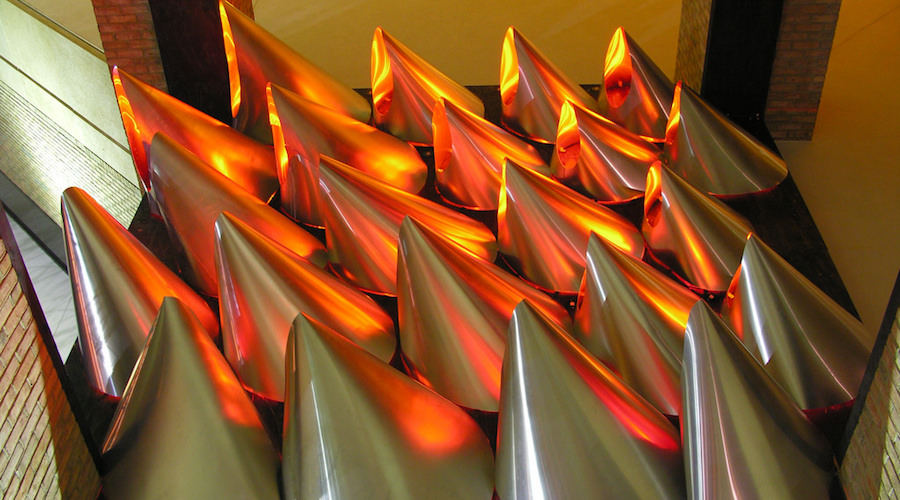GRAPHIC: Record high aluminum prices likely to spur destocking

Record aluminum prices in the United States and Europe will be sustained by Russia’s mining tax for some months, but attempts to push prices even higher are likely to face headwinds from traders cashing in their stocks, analysts said.
Russia has imposed a 15% tax or a minimum of $254 a tonne on aluminum exports between August and December. Rusal, Russia’s only aluminum producer, accounted for 6% of global supplies estimated at 65 million tonnes last year.
Consumers purchasing aluminum on the spot physical market pay the benchmark aluminum price on the London Metal Exchange (LME) plus a premium that covers transport and handling costs and taxes.
Prices of aluminum used widely in the transport and packaging industries were already climbing due to soaring demand, shrinking supplies and surging freight costs, recently reaching $2,642 a tonne – the highest since April 2018, after the United States imposed sanctions on Rusal.
Premiums in Europe and the United States are at record highs near $360 and $760 a tonne respectively.
[Click here for an interactive chart of aluminum prices]
“If you had 100% pass through of the tax in the United States you would actually get to about $990, but I don’t think it will get there,” said Citi analyst Oliver Nugent.
“This tax level will be in place until the end of the year. There will be no better time for a trader holding inventory to sell. Consumers are also incentivised to destock.”
The forward curve suggests US premiums have peaked and a drop to $570 a tonne by the end of 2022.
A permanent tax on aluminum exports is likely after comments to that effect from President Vladimir Putin and the country’s economy minister, although expectations are for a significantly lower rate.
Jorge Vazquez, founder of Harbor Aluminium, said higher premiums due to the “the inflationary effects of Russia’s export tax” were “psychologically supported” by a reduction in production at Rio Tinto’s Kitimat operation in British Columbia due to a strike.
“Large consumers are actively looking for additional contract volumes for September-December 2021 and into 2022, aiming to reduce exposure to the spot market,” Vazquez said.
(By Pratima Desai; Editing by Kirsten Donovan)
More News
{{ commodity.name }}
{{ post.title }}
{{ post.date }}




Comments